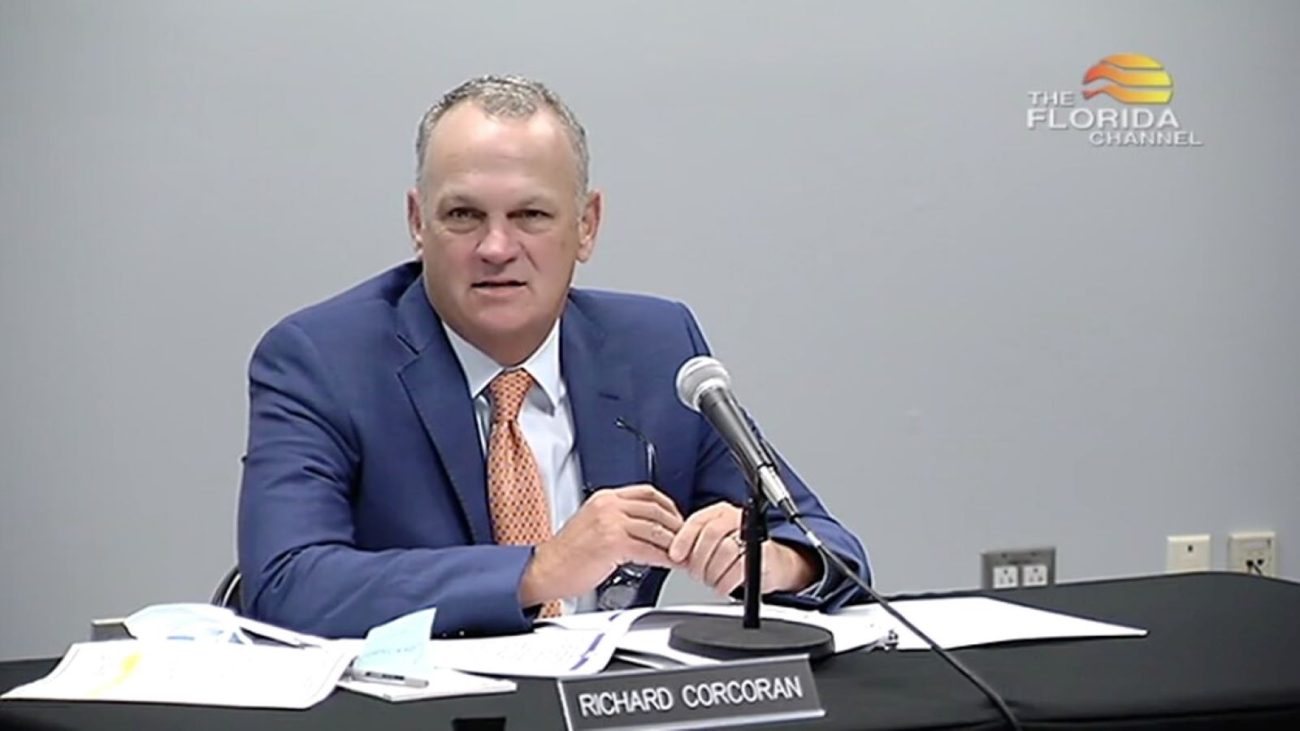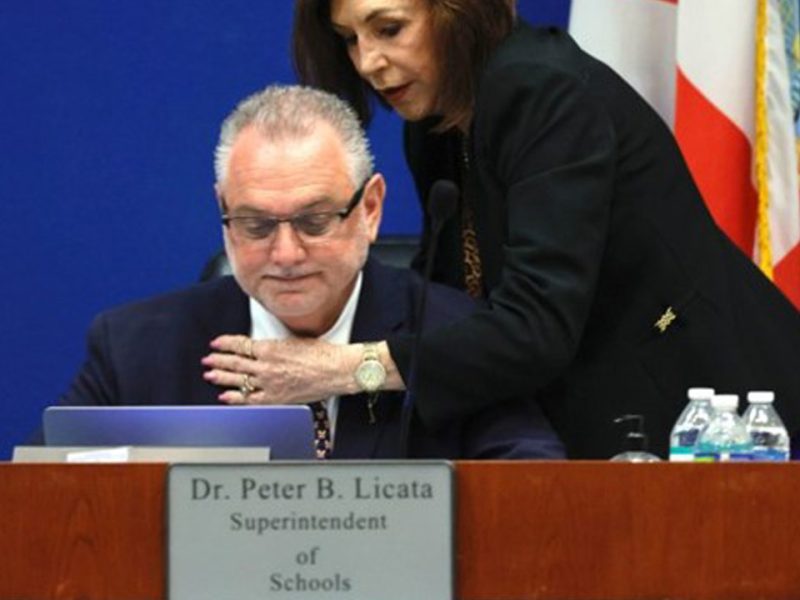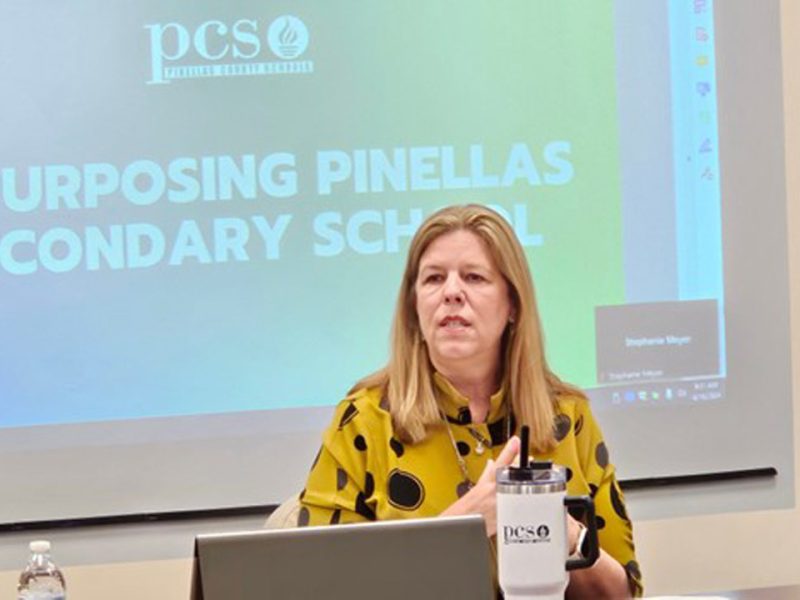Florida makes it official: Remote learning will continue next semester
The state will require plans to help students who struggle in their online courses, though.
Tampa Bay Times | by Jeffrey S. Solochek | November 30, 2020
Families fearing they might have to send their children back to in-person classes despite their coronavirus concerns can rest easier.
The Department of Education on Monday released a new emergency order for second semester that keeps live remote classes available as an option, along with the funding that allows school districts to provide the model. Schools would be expected to continue face-to-face classes, as the state previously required.
At the same time, the state made clear that schools must provide plans for how they will tackle learning shortfalls that students face. Several districts have reported high percentages of children in online courses earning at least one failing grade.
The order requires schools to alert parents if their children are not “making adequate progress” in their online classes, and would have the children transition to in-person learning unless their parents opt out of that choice.
The reason for that, Gov. Ron DeSantis said in a news conference that began at noon, is clear: “The data and the evidence are overwhelmingly clear, virtual learning is just not the same as being person.” He further called closing schools “the biggest public health blunder” made during the pandemic, but said he also wanted to ensure that parents continued to have choices.
Districts that experienced enrollment growth beyond their annual projections also would be fully funded, to answer a question that some superintendents raised about possibly not getting all the money they were due through the state formula. Many districts have been held harmless as their numbers fell short of expectations, but some have seen their student counts rise without full funding.
This order aims to deal with that scenario.
DeSantis and education commissioner Richard Corcoran are holding a press conference in Kissimmee to discuss the details. This story will be updated after they are done speaking.
The approaches could include changing a student’s assignment, or providing academic interventions aimed at getting them back on track.
To that end, districts and charter schools will be required to submit and receive approval of “intervention plans” in reading and math that target students’ expanded learning needs. Schools that do not expect to continue offering the “innovative” e-learning systems will not have to turn in a plan.
“Any plans for interventions that will continue into Summer 2021 for students with widening grade-level deficiencies must be identified in Spring Intervention Plans,” the order states.
Before the Thanksgiving break, Corcoran said his goal was to create a system that provides continued flexibility, while also protecting students and seeking the best academic outcomes.
Officials in the department worked with school district leaders to develop an approach that meets those marks as best as possible, he said. Officers in the state’s superintendents association provided several ideas to the state, and said they believed their input would be incorporated into the final outcome.
Still, they have waited anxiously for details from the state to determine whether they could continue the strategies they implemented for the first semester, when they were allowed to create live distance e-learning options as long as they also provided face-to-face classes for any family that wanted those.
District officials made clear they wanted to keep their current models in place, to avoid further disruptions in an already chaotic year. With every passing day, though, they observed that making changes would become more difficult, as thousands of children statewide who remained in remote classes would have to be rescheduled for the next grading period that’s only a few weeks away.
About 35 percent of students across Florida are using e-learning, a percentage that’s reflected locally in Pinellas, Hillsborough and Pasco county schools.
Parents, too, have fretted over the possibilities since the fall, when rumors first started circulating that the state might no longer pay for the e-learning model, which is not part of Florida school funding laws. Many said they did not want to send their children back to classrooms while the coronavirus, which is on the upswing, was still a threat. Yet they also did not prefer the virtual model that is permitted under state law, allowing independent-work online courses with no connection to their school.
In fact, the live remote system emerged amid many criticisms that the less directed springtime virtual effort fell flat for teachers and children alike.
They pushed the state not to abandon the choice that they had made and found best for their circumstances. They figured the state’s clear support for school options would favor their effort.
Corcoran repeatedly stated that he anticipated providing full parental choice, but that the details had to be worked out. The latest order is that attempt.
Photo: Florida education commissioner Richard Corcoran gave a broad outline of the state’s expectations for second semester schooling during a Nov. 18 Board of Education meeting in Tallahassee. He is expected to release further details today. [ The Florida Channel ]






